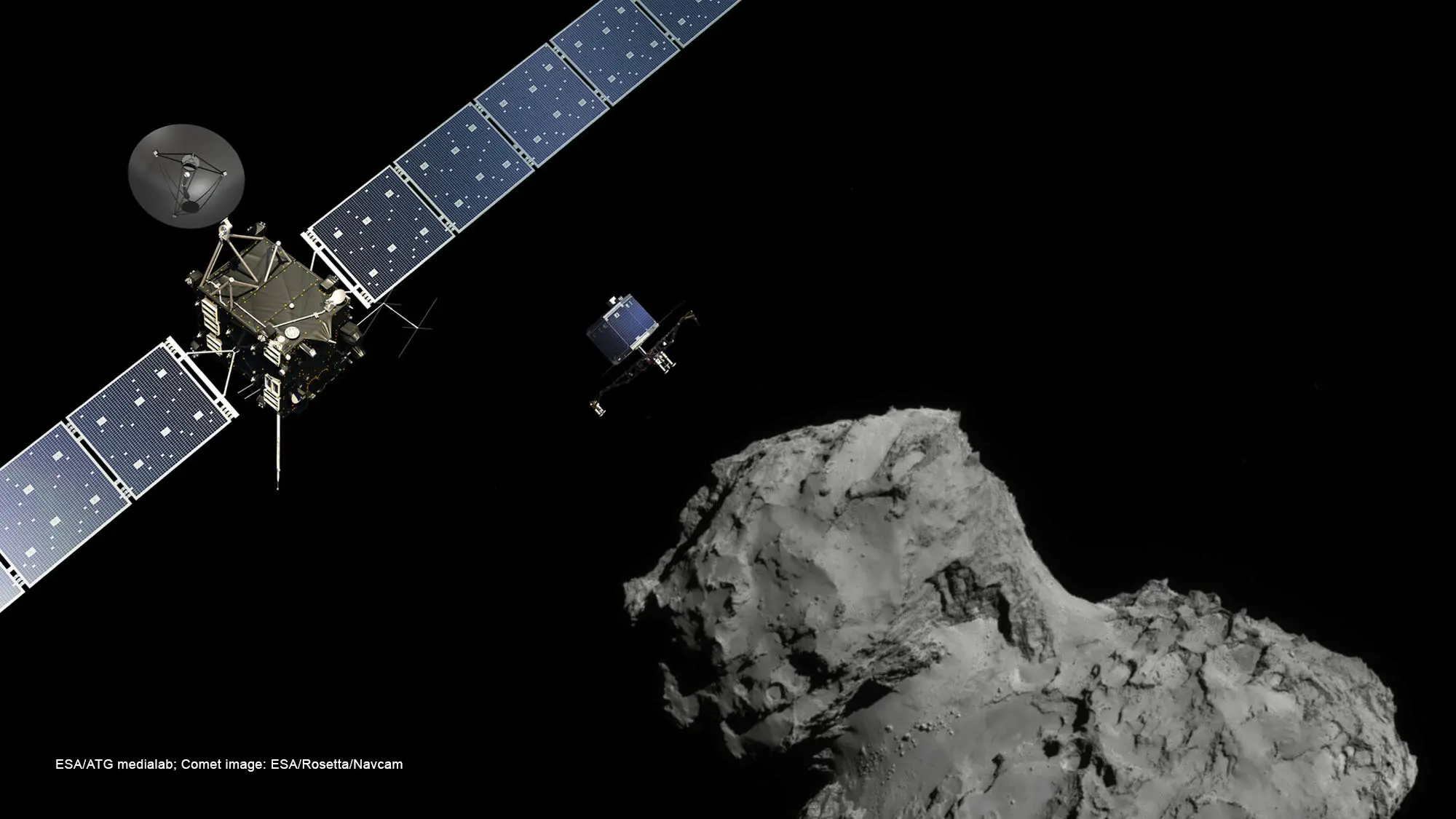THE ROSETTA MISSION: ENGINEERING AN INTERPLANETARY FLIGHT TO THE UNKNOWN

PhDAER Seminar
Thursday, September 26, 2024, at 17:15 - Classroom L.08 - Building B12 - Politecnico di Milano, Campus Bovisa, Via La Masa, 34, Milano (MI)
The Rosetta Mission is one of ESA’s most ambitious and technically complex space endeavors.
Launched in 2004, Rosetta became the first spacecraft to orbit and land on a comet, marking a major milestone in space exploration.
This year marks some mission’s key anniversaries: it has been 20 years since launch and 10 years since the successful arrival and landing.
This seminar will focus on the technical and operational aspects of such challenging mission, and will provide details on how the team was capable of overcoming malfunctions, system failures, and how such complex mission was managed and operated in such an unpredictable environment.
Speaker:
Paolo Ferri studied theoretical physics at the University of Pavia. In 1984 he joined the European Space Agency as visiting scientist on the ExoSat X-ray astronomy mission, at the European Space Operations Centre (ESOC) in Germany. He soon moved to the field of mission operations, working on the Eureca microgravity mission. He led the operations teams of Cluster, Rosetta, and Venus Express, and ground segment manager for Mars Express, Exomars, BepiColombo and Solar Orbiter. From 2013 to 2020 he was head of ESA’s mission operations department, responsible for the ground segment and operations of all ESA’s robotic missions. He is currently active in training, education and outreach in the field of space operations and space science and technology.
Free admission, open to all members of the university community and the public, subject to availability.
Photo credits: ESA/ATG medialab; Comet image: ESA/Rosetta/Navcam
24.9.2024